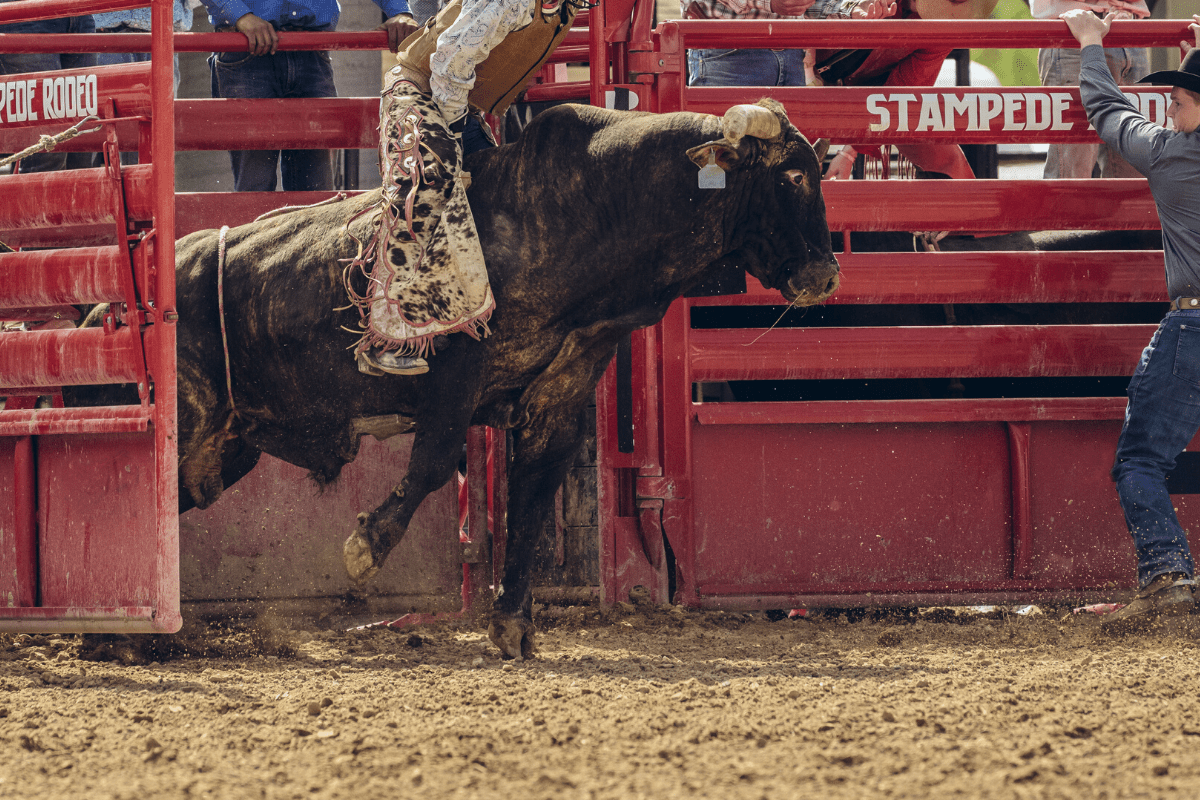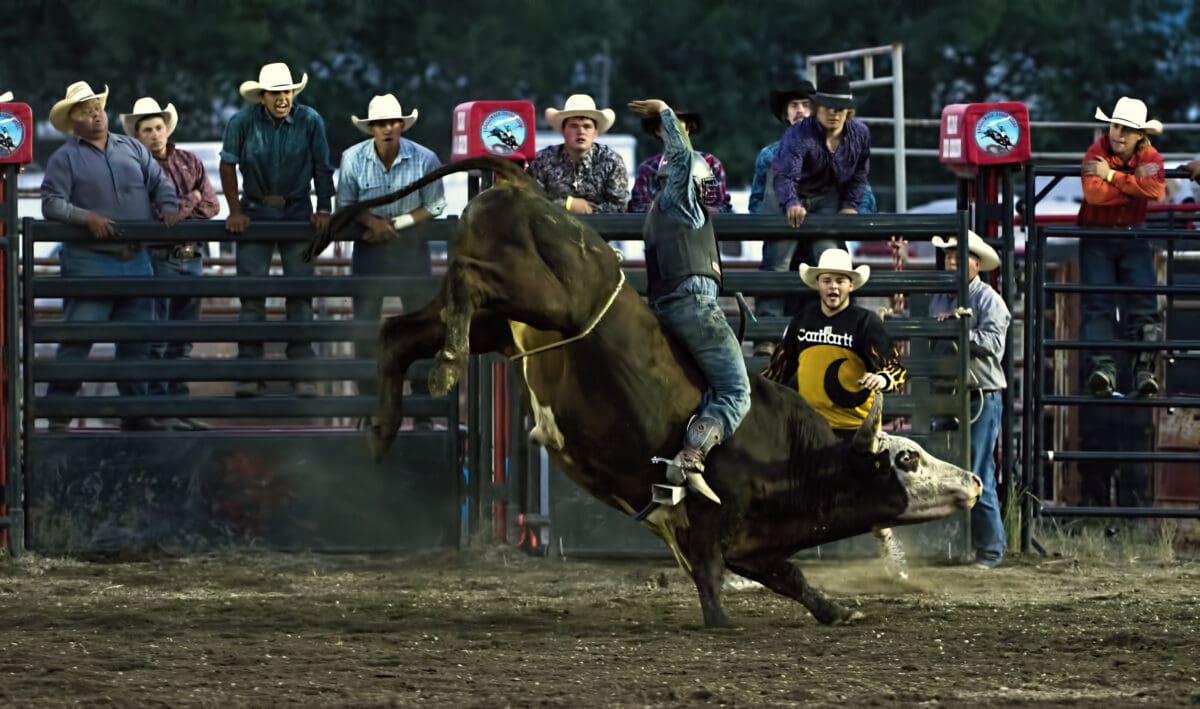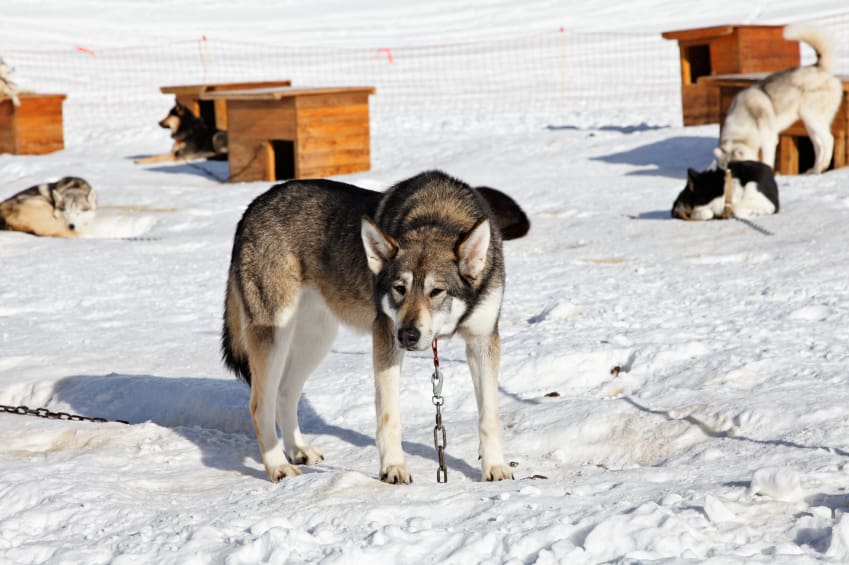Sign on to say no to inhumane rodeo events in Langley Township.
Your signature will be delivered to decision-makers including the Township of Langley Mayor & Council, asking that they not allow rodeo events that are at odds with best practices and the well-being of animals to become an annual occurrence.
Learn More
A step backward
This is the first time in well over a decade that a new annual rodeo is being introduced in the Lower Mainland. It also comes at a time when most communities have moved away from rodeos and toward more animal-friendly and family-friendly events. For example, the Luxton Rodeo near Victoria was cancelled in 2015 and the Abbotsford Rodeo was cancelled in 2016.
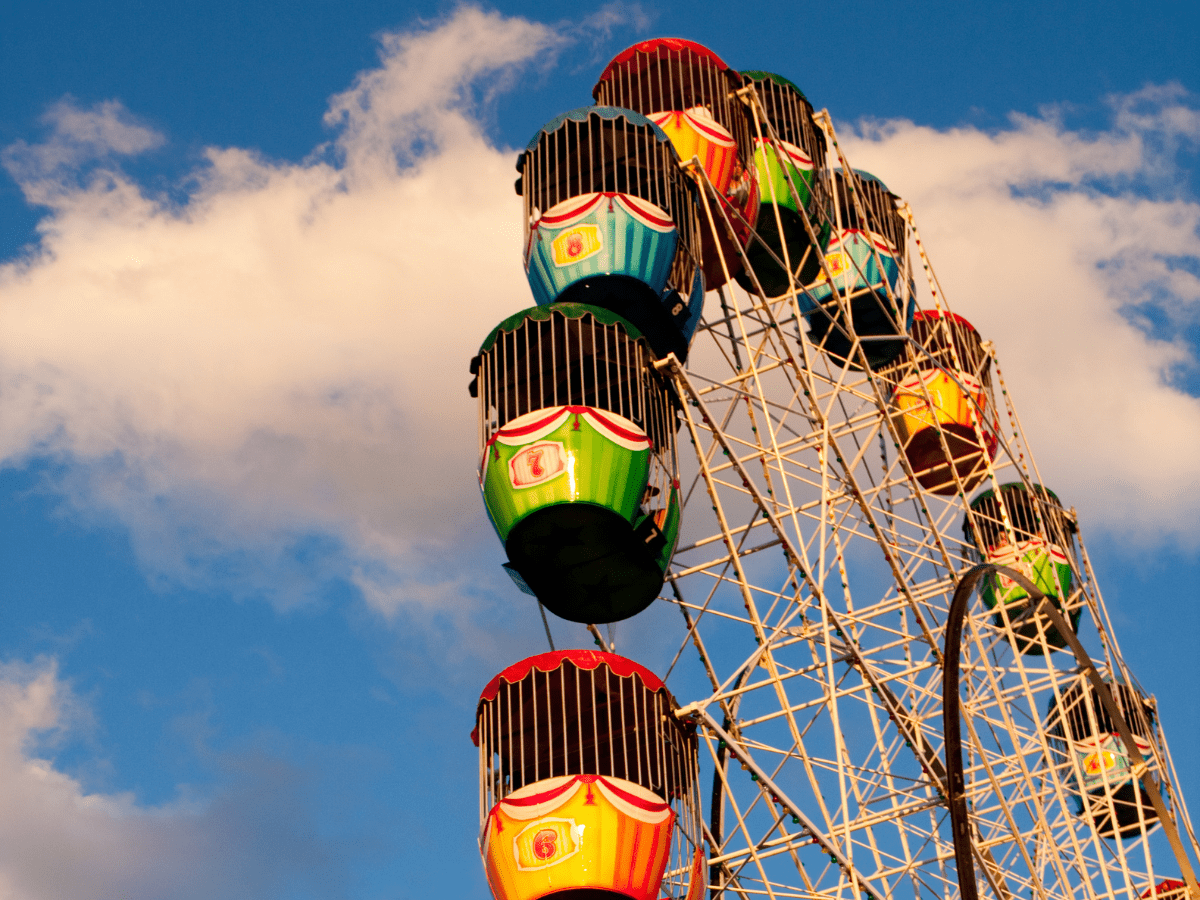
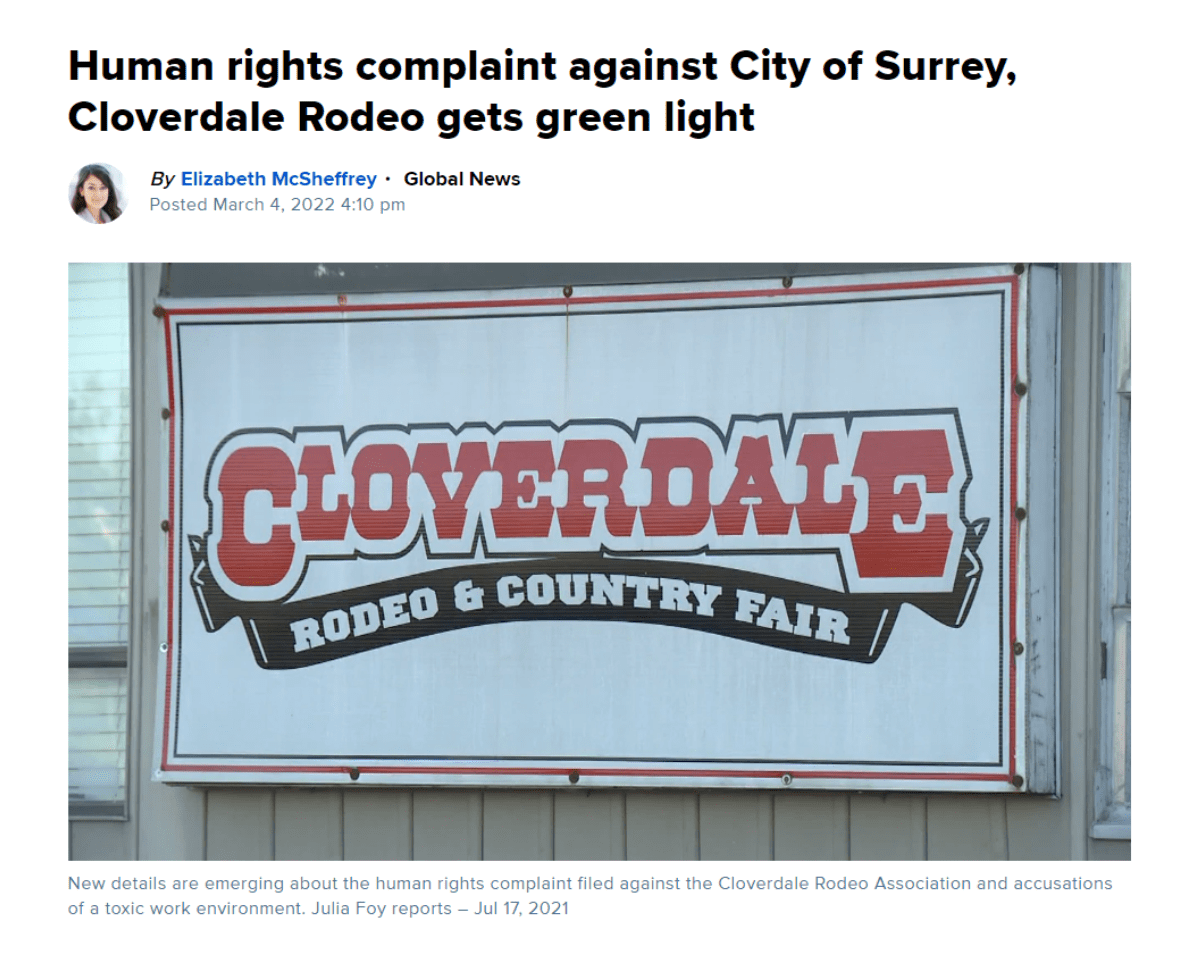
Human rights case concerns
This rodeo has concerning connections to an ongoing human rights complaint. The event contact for the rodeo is listed as Rich Kitos, the former vice president of the Cloverdale Rodeo & Exhibition Association and one of the key board members named in a human rights complaint filed against the Association in July of last year and currently still being investigated by the B.C Human Rights Tribunal. The complaint alleges that board members including Kitos conspired to cover up discriminatory conduct, including racism, sexism, and physical abuse.
Changing public values
New public polling reflects that rodeo is not in the public interest, with 64% of B.C. residents and 61% of Canadians opposed to the use of animals in rodeo.


Risk of injury
Many rodeo events put animals at unnecessary risk of injury, which may require euthanasia. This can include broken bones, neck injury or internal damage. Injuries may also not be identified immediately after the event, as inflammation and muscle damage can take up to 48 hours after the injury to present.
Distress and discomfort
Research demonstrates how animals used in many rodeo events experience fear, stress, discomfort and pain when chased, roped, and wrestled. For example, there is evidence of elevated levels of stress hormones in calves after being roped. Another indicator of stress is when the animal’s eye rolls to show more of the eye-white.


